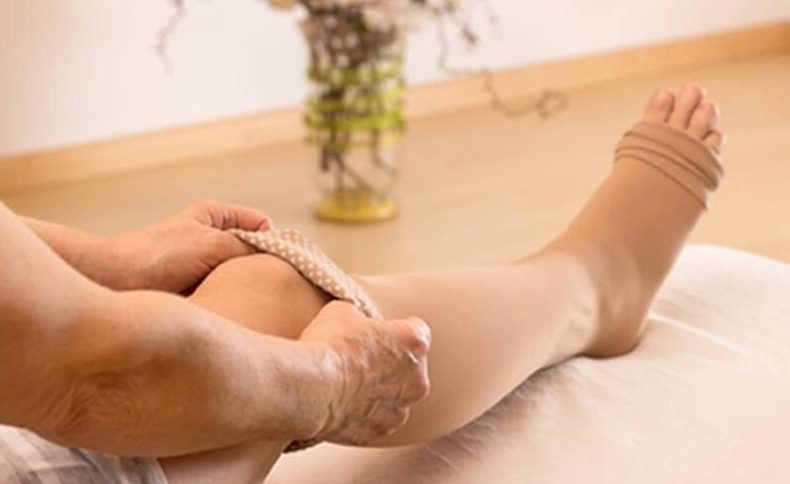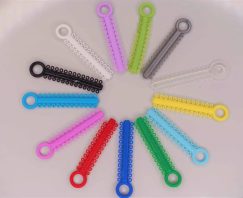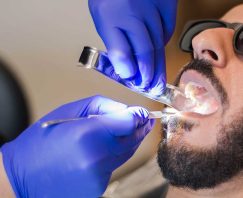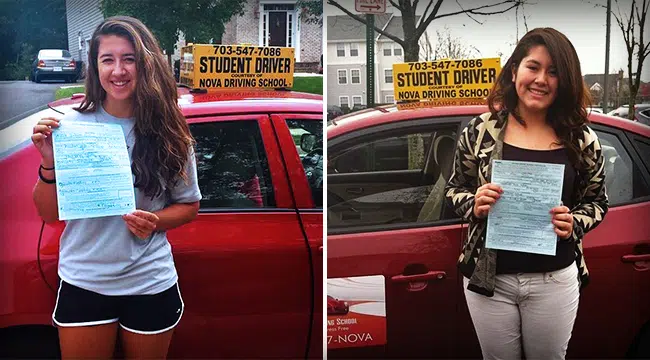What Does The Vein Expert Do?
November 8, 2023 - 0 COMMENTS

What is a Vein Specialist Called? A phlebologist is a vein specialist who focuses on treating a venous deficiency, the underlying reason for varicose veins, is a vein specialist. A background in vascular surgery, interventional radiology, or interventional cardiology is a prerequisite for qualified vein specialists.
Internal medicine, family medicine, and pain management are other specialties that need more formal training in minimally invasive or surgical endovascular procedures.
Advantage of a vein specialist
Idealistically, vein specialists have ABMS board certification in either interventional radiology, invasive cardiology, or vascular surgery. Interventional specialists have specific knowledge of minimally invasive procedures acquired through extensive training programs.
Your legs’ deep veins may occasionally “clot.” Leg discomfort and node are the most typical symptoms of a blood clot, though 50% of patients have no symptoms.
Seeing a phlebologist can improve your leg’s feel and look while lowering your risk of bleeding and other varicose vein complications. Seeing a vein specialist before the condition worsens can help prevent bleeding, which is usually a minor issue that needs to be treated immediately by a medical professional.
HOW DO I KNOW IF MY DOCTOR IS A VEIN SPECIALIST?
Make sure your healthcare provider is a phlebologist or vein specialist before receiving any treatment for your veins. It’s crucial to conduct research and ask questions before selecting a vein specialist, just like you would with any other medical professional.
what to expect at a vein clinic? What field do their board certification and primary training lie in? How much vein care experience do they have? Find out if the vascular lab and ultrasonographers your doctor employs have the necessary credentials and certifications. Inquire whether your doctor or the medical professional interpreting the studies has any additional training in interpreting ultrasound studies.
Signs you need to consult a vein doctor SPECIALIST
If you experience any signs or symptoms of vein disease, you should speak with an ABVLM-certified vein doctor or a physician board-certified by the ABMS.
It Includes
Leg Heaviness
One of the first signs of chronic venous insufficiency is heaviness in the legs. Heaviness in the legs is caused by blood clots in the veins, typically accompanied by pain.
Frequent Leg Cramps
Although there are many causes of leg cramps, persistent leg cramps that occur at night typically point to underlying chronic venous insufficiency.
Leg Pain
The initial signs of vein disease are discomfort and pain in the legs. An accumulation of blood in the veins in the legs due to chronic venous insufficiency causes pain, discomfort, and a feeling of heaviness.
Spider Veins
The first noticeable signs of chronic venous insufficiency are spider veins. Usually caused by vein disease, these are dense clusters of reddish or bluish blood vessels on the skin’s surface, just beneath the epidermis. If you see spider veins, please contact a vein specialist.
Restless Leg Syndrome
Running and other physical activities provide a brief relief from the symptoms. Since RLS is one of the first signs of vein infection, you should see a vein specialist.
Skin Discoloration
One of the more severe effects of chronic venous insufficiency is skin discoloration. Vein disease is a circulatory condition that makes it difficult for the legs to receive enough blood flow, which can lead to skin discoloration, particularly around the veins.
Conclusion
The most crucial step in receiving the proper diagnosis and care is choosing the appropriate vein specialist. When seeking treatment for varicose and spider veins, The Vein Specialist Centers are a top choice. The vein specialists on our team have been hand-picked based on their credentials, standing, and patient satisfaction.











